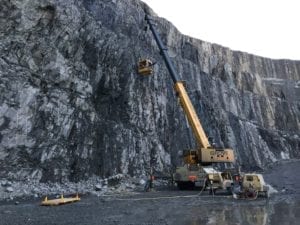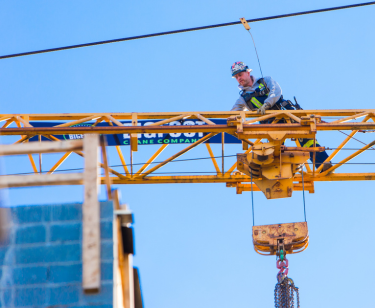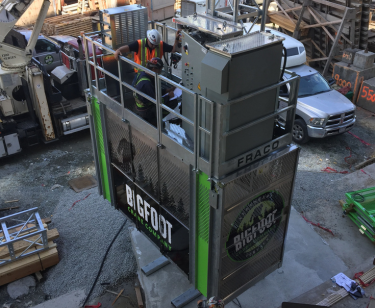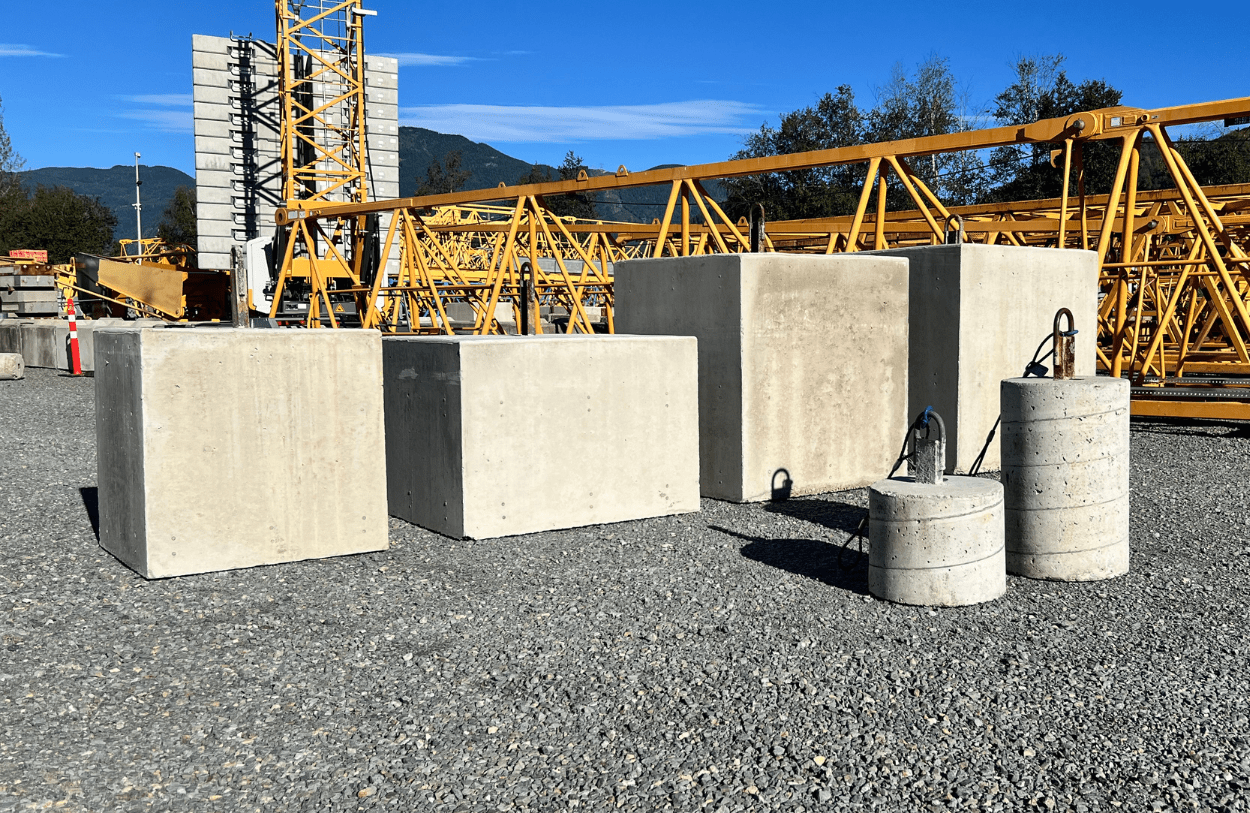Starting a Career in Crane Operation: What You Need to Know
Crane operation is a specialized skill with high demand in the construction industry. If you’re looking to start or advance in this field, crane training is essential. Here’s a simpler look at how training at places like Bigfoot Academy can turn a beginner into a professional and help secure a great job in construction.

What Do Crane Operators Do?
Crane operators play a crucial role on construction sites, using cranes to lift and move heavy materials and equipment. This job requires precision, awareness of safety, and technical know-how. Effective crane operators improve job site efficiency and project success.
Steps to Becoming a Crane Operator
Starting Out: Many crane operators start with some basic knowledge of construction or machinery. Specific training, however, is key to building the skills needed for operating cranes effectively. The first step is to chat with someone at a training school like Bigfoot Academy to find the right course for you.
Choosing the Right Training: There are many training programs available, each designed for different types of cranes and work environments. For example, Bigfoot Academy’s Self-Erecting Tower Crane Course provides thorough training that mixes classroom learning with practical experience.
Learning the Basics: Training covers crane mechanics, safety rules, how to calculate loads, and how to operate cranes properly. This foundational knowledge is crucial for safe and efficient operation.
Getting Hands-On Experience: Practical training is a vital part of learning. Trainees practice their skills in real situations under the guidance of experienced instructors. This helps build confidence and skill. Graduates from Bigfoot Academy can also get help finding their first job as a trainee operator.
More Than Just Operating Cranes
Safety Training: Safety is the top priority in crane operation. Training programs focus heavily on safe practices, spotting hazards, and handling emergencies to ensure a safe workplace.
Certifications: After training, operators receive certifications like the Level A Full Scope Certification. These are often required for jobs and show that you meet industry standards.
Developing Other Important Skills: Crane operation also involves communication, teamwork, and problem-solving. These skills are essential on a construction site where working with others is a must.
Career Opportunities and Benefits
High Demand: Skilled crane operators are in high demand. Proper training and certification give you an edge in the job market.
Various Job Opportunities: Training opens doors to many roles within construction, from small projects to major commercial builds.
Advancement Potential: Working as a crane operator can lead to higher positions like supervisor or manager, setting the stage for a long-term career.
Financial and Personal Rewards
Good Pay: Crane operators are among the better-paid workers in construction due to their specialized skills.
Job Satisfaction: Operators often feel proud and fulfilled as they help build important structures and contribute to big projects.
Ongoing Learning: The construction field is always changing. Crane operators continually learn, whether it’s new technology, advanced certifications, or different crane types.
Conclusion
Crane training does more than teach you to operate heavy machinery—it opens the door to a rewarding career in construction. From learning the basics to mastering safety and soft skills, training prepares you for success. Whether you’re starting from scratch or aiming to move up in construction, crane training lays the groundwork for a thriving career.
For anyone dreaming of working in construction, crane training is a crucial step towards making that dream a reality. With the right training, certifications, and experience, you can go from beginner to professional crane operator, ready to tackle the challenges of the construction industry.






